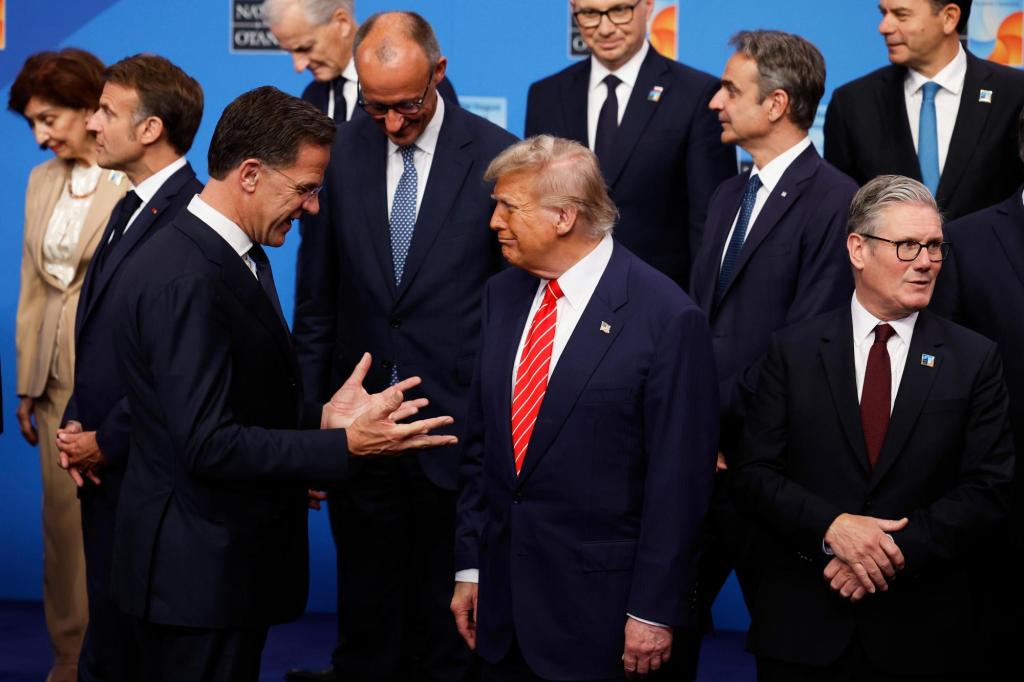Among the learnable Trumpisms: He disdains traditional diplomacy.
Why it matters
- Trump's unique foreign policy methods have led to significant shifts in international alliances.
- His preference for personal relationships over diplomatic protocols has raised questions about future negotiations.
- The implications of his style may influence the strategies of future leaders in handling international relations.
In the realm of international relations, the approach of former President Donald Trump has sparked considerable debate. His presidency was marked by a notable departure from established diplomatic norms, favoring a more personal and sometimes confrontational style. This shift has not only altered the dynamics within the United States but has also reverberated across the globe, prompting allies and adversaries alike to reconsider their diplomatic strategies.
Trump's disdain for traditional diplomacy is perhaps one of the most striking aspects of his tenure. He often criticized conventional practices as ineffective and outdated, opting instead for a strategy that emphasized personal relationships with world leaders. This approach included direct communication through social media and face-to-face meetings, often bypassing the formalities typically associated with diplomatic discourse. Such tactics were evident in his dealings with leaders like North Korea's Kim Jong-un and Russia's Vladimir Putin, where he sought to establish a rapport that he believed would lead to more fruitful negotiations.
Critics argue that Trump's methods have undermined long-standing alliances and have created uncertainty in international relations. By prioritizing personal connections over established diplomatic protocols, Trump has left many allies feeling uneasy about the reliability of American commitments. This has raised concerns about the future of NATO and other international agreements that rely on trust and mutual respect among nations.
Moreover, Trump's unorthodox style has led to a significant re-evaluation of how diplomacy is conducted. Many political analysts suggest that future leaders may adopt similar tactics, focusing more on personal relationships rather than the traditional multilateral approaches that have characterized global politics for decades. This potential shift could lead to a fragmented international landscape where agreements are made on an individual basis rather than through collective bargaining.
The implications of Trump's diplomatic philosophy are particularly crucial as the world faces complex challenges such as climate change, global health crises, and geopolitical tensions. Effective solutions to these issues often require collaborative efforts and a strong commitment to international cooperation. However, if future leaders follow Trump's example, there is a risk that these global challenges may be addressed through a lens of nationalism and individualism, rather than through solidarity and partnership.
Furthermore, Trump's approach has also influenced domestic perceptions of foreign policy. His supporters often view his style as a refreshing break from the status quo, arguing that it reflects a more pragmatic and results-oriented mindset. Conversely, opponents contend that such an approach endangers national security and diminishes the United States' standing on the world stage.
As the global political landscape continues to evolve, the ramifications of Trump's diplomatic tactics remain to be seen. The relationships he forged, and the alliances he disrupted, will undoubtedly shape the future of U.S. foreign policy for years to come. Observers are closely monitoring how his successors will navigate the complexities of international relations in light of this new paradigm.
In conclusion, Trump's unique approach to diplomacy has not only changed the way the United States engages with the world but has also prompted a broader reconsideration of what effective diplomacy looks like in the 21st century. As nations grapple with emerging challenges, the balance between personal relationships and traditional diplomatic practices may very well define the future of global politics.











